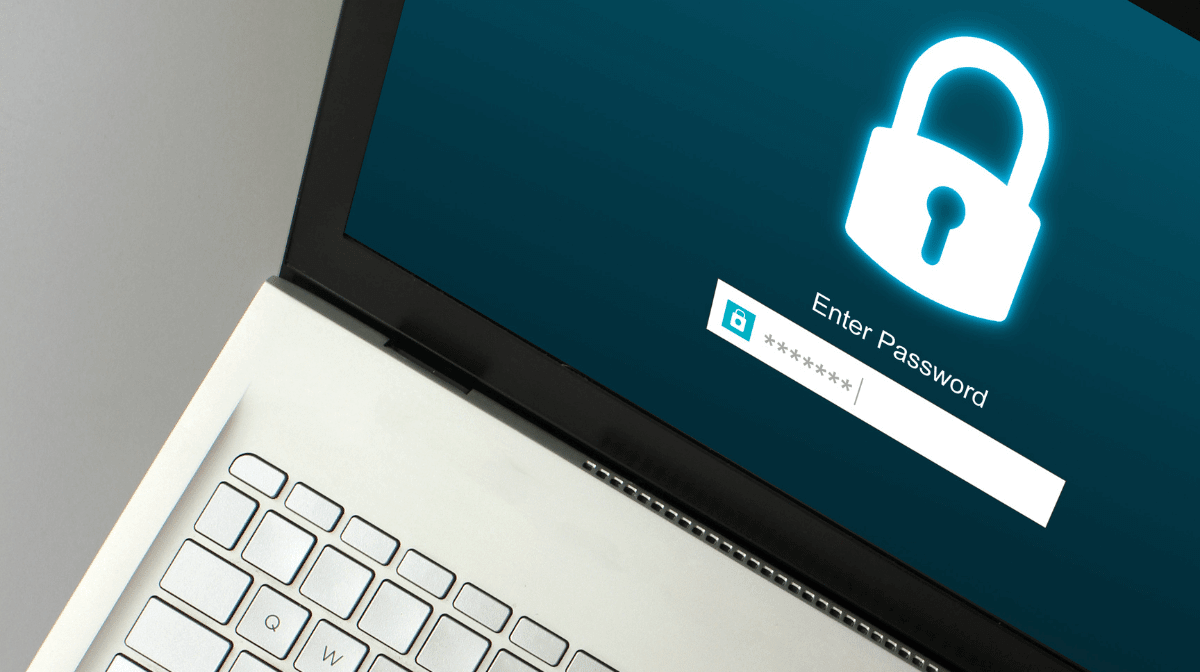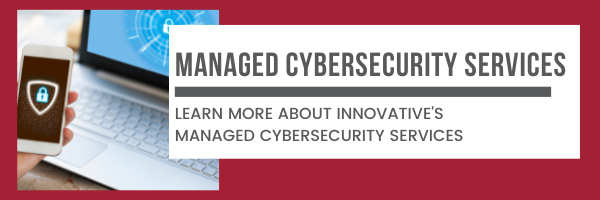A Few Essential Tips to Secure Your Passwords
It has never been more critical to create a secure password. Cyber attackers are always looking to steal passwords so they can access our information and harm our business.
According to the Verizon Data Breach Investigations Report, 81% of hacking-related breaches occur due to compromised passwords. Don’t become a statistic. It’s on us to make it difficult for them.
A strong password is a simple yet essential way to protect your accounts and your business. You can take several steps to create the most secure password possible. It can be tricky dealing with character counts, punctuation and password length. The list of requirements seems to go on and on.
Let’s walk through it and explain how you can protect yourself.
Why are passwords so important?
Let’s start with the why. To be blunt, one security breach is all it would take to sink your entire company. Your files, personal information or trade secrets could be stolen, manipulated or sold because of one stolen password.
An attacker only needs one way in. Once they’re in your network, everything is fair game, whether it’s stolen info or an onslaught of malware and ransomware.
How to Create a Strong Password
1. Avoid Personal Info
Names of family members or pets, birthdays, or other personal info may be easy to remember, but it is also easy to find. If something can be found on your public Facebook account, it shouldn’t be used to protect your private info or your company.
Acronyms or random number combinations can make better passwords. They might be more difficult to remember, but your protection is worth it.
2. Maximize the Character Count
The National Institute of Standards and Technology (NIST) password guidelines recommend using the longest password. The more characters you use, the less likely your password will get stolen.
When maximizing your character count, using a phrase or song lyric might be tempting. These are things to avoid as they can be easy to guess, even though the character count is high.
3. Complexity, Complexity, Complexity
Make your passwords as complex as possible. It’s that simple. Beyond avoiding personal info or names, your password shouldn’t contain words.
As mentioned earlier, acronyms and number combinations you can put to memory are the best way to create your password. And because you’ve made a great password doesn’t mean you should use it for every account.
Each of your accounts should have its own unique password. Otherwise, you put yourself at risk.
Other Tips to Keep Your Passwords Secure
- Keep Your Password Private - Your password should stay between you and whoever else needs access to it. Otherwise, it could end up in the wrong hands. Avoid writing your password down or giving it to anyone over the phone. If someone is asking for your password over the phone, they are likely a scammer.
- Password Managers - You can always use a password manager if you have trouble remembering your passwords. Password managers create randomly generated, complex passwords for all your accounts and can be accessed via a master password. Your master password should be complex, and use the tips discussed in this article.
- Two-Factor Authentication- Two-factor authentication (2FA) is precisely what it sounds like. It is the second line of defense while logging in. Whether entering a code from a text message or clicking a verification link from an email, 2FA is one of the most secure ways to protect your account.
Follow these tips and keep your business protected
To make a long story short, passwords are the first and most important line of defense protecting you and your business. Keep your passwords complex, and always enable two-factor authentication when possible.
Combined with the rest of the tips above, those two things will keep your accounts safe and secure.




